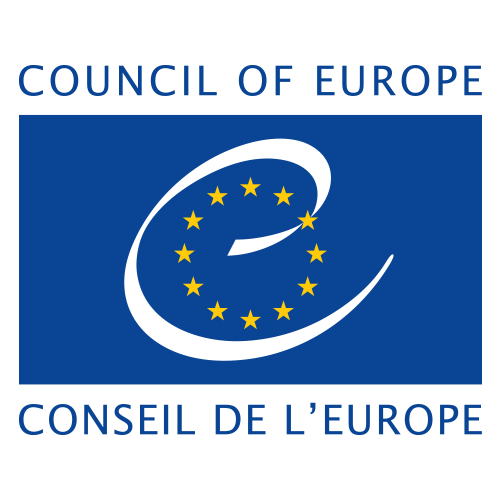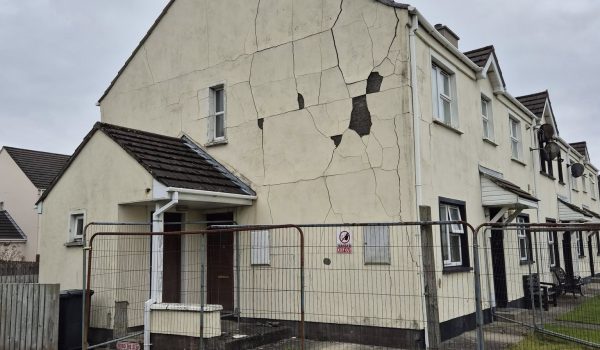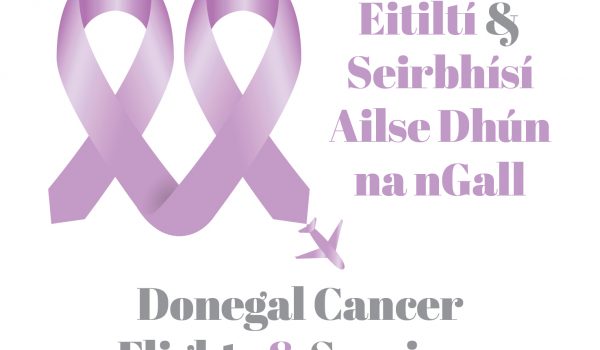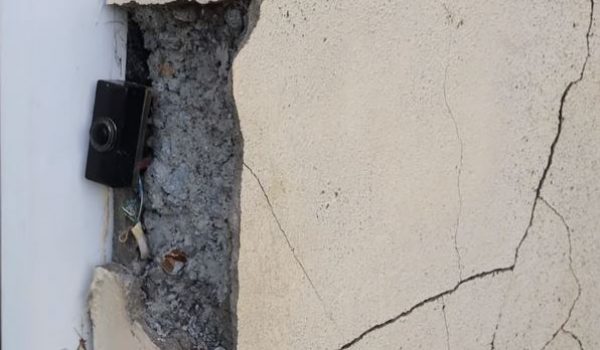
The provision of Traveller accommodation in Ireland remains inadequate with sites said to still be badly located and in poor condition.
The latest report published by a Council of Europe committee highlighted one case in Donegal in which a family, including two children with serious medical needs, were living without running water or electricity.
In 2015 the European Committee of Social Rights highlighted five issues against Traveller accommodation in Ireland, today’s report has found none of these to be fully addressed.
These were poor provision of Traveller accommodation; many sites being in “an inadequate condition”; Travellers facing eviction having “inadequate safeguards” under the Criminal Justice Act 1994; the Housing Act 1992 also providing deficient protections; and evictions being carried out without enough care as to Travellers’ welfare.
The report says that while there has been “progress in the provision of accommodation for Travellers, there is still a substantial deficiency” as “a number of sites are in poor condition, lack maintenance and are badly located”.
It cites two cases – in Donegal and Clare – where Traveller families’ inadequate housing situations had come before the High Court. A family, including two children with serious medical needs, were living without running water or electricity in Donegal.
In September 2017, Donegal County Council agreed to an order to quash its earlier decision to defer housing support to the family and to agree to reconsider their social housing application.
The case has yet to be fully resolved.
According to the Irish Times, the committee finds Ireland is now in full compliance with the charter on the prohibition of all violence against children, following the 2015 outlawing of all corporal punishment of children in any setting.
- Fri, 13 Feb 2026
- (+353) 07491 25000
- (+353) 086 60 25000





